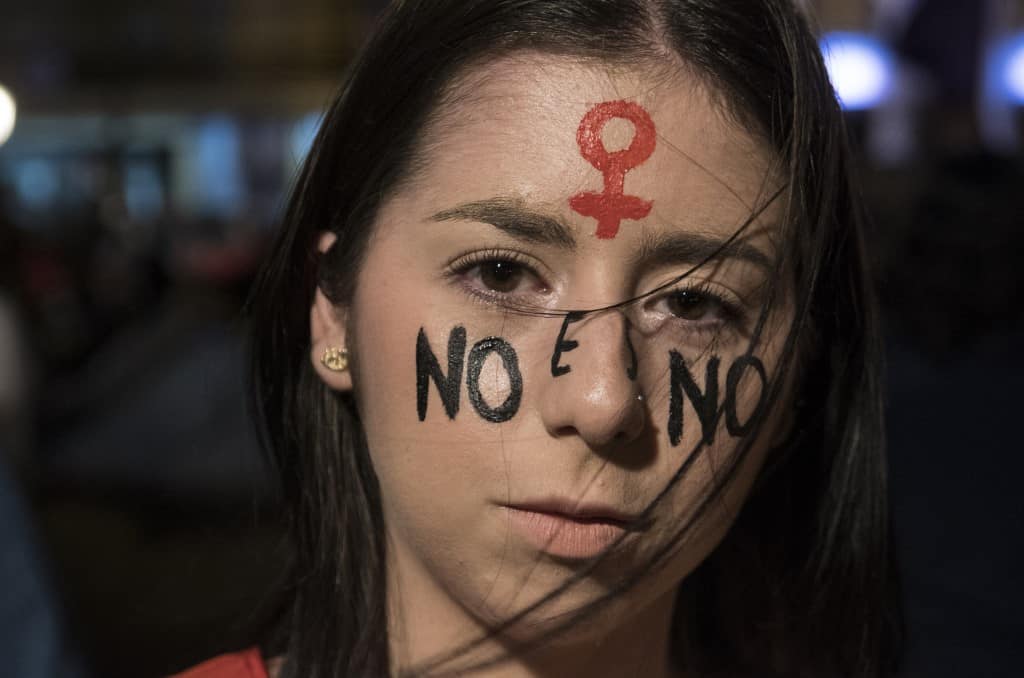Costa Rica’s Ombudsman has sounded the alarm on a deepening crisis of violence against women, with femicides hitting a peak not seen in over a decade. The warning came during observances for the International Day for the Elimination of Violence against Women, highlighting systemic failures that leave women exposed to harm.
The Defensoría de los Habitantes stated that violence against women and girls stems from deep-rooted issues, including structural inequalities, patriarchal norms, and inadequate state responses. This problem cuts across daily life, fueled by discrimination, machismo, and a lack of shared responsibility between society and government.
Public policies fall short in addressing these core causes, which only worsens the situation. A key example is the recent breakdown in the childcare leave system, which left hundreds of families in limbo and hit women hardest as they shoulder most caregiving duties.
The 2025 State of the Nation report underscores how the labor market disadvantages mothers, restricting their job prospects and increasing their risk. Organized crime preys on these gaps, targeting the most disadvantaged women. Sexual harassment persists in offices and streets, while obstetric violence affects many, with Indigenous women bearing a heavier burden.
So far in 2025, authorities have recorded 33 femicides, marking one of the deadliest years for women since 2015. Each case points to a chain of institutional shortcomings, where femicide caps a spectrum of ongoing abuse.
The Ombudsman calls on the state to step up with stronger measures for prevention and protection. This includes better teamwork among agencies, steady funding for support programs, a reliable national care network, easier access to work for women, and strategies against crime that consider gender impacts. Efforts must also target sexual harassment and end obstetric violence.
A just society rejects a world where women live in constant danger. The state holds the main duty to secure lives free from violence, but the public shares in that task. The Defensoría vows to track progress, aid those affected, and push officials for real change.
This alert aligns with broader regional concerns. Reports from groups like the Inter-American Commission on Human Rights note rising femicides across Latin America, with Costa Rica’s figures adding to the trend. In January alone, five femicides occurred, equaling a quarter of the previous year’s total.
United Nations data shows similar patterns, with 82 femicides in the region between January and March of this year. These numbers reflect lives lost and families shattered, demanding immediate reforms.
Costa Rica has laws against gender violence, but enforcement lags. The Penal Code defines femicide with penalties up to 35 years, yet prevention remains weak. Advocates stress the need for early alerts and policies that tackle root inequalities.
As the year ends, the Ombudsman’s message serves as a call to action. Without swift steps, the cycle of violence will continue, eroding our nation’s commitment to human rights.






